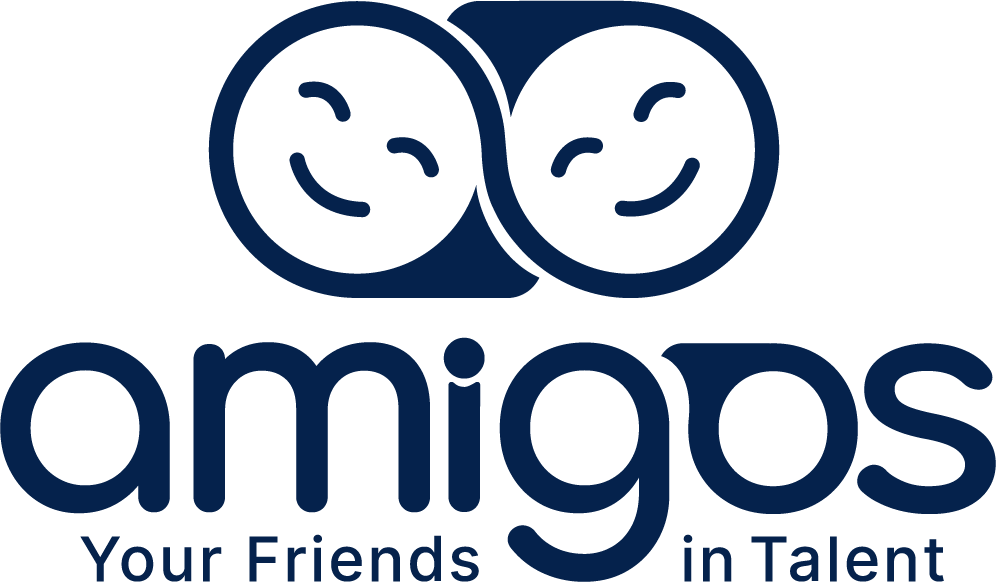Europe’s regulatory tipping point
This Thursday, Europe’s leading tech bodies representing Alphabet, Apple and Meta publicly urged governments to defer certain parts of the EU AI Act, particularly its rollout for general-purpose AI from August 2025. Concern centres on how complex and ambiguous clauses may stifle innovation and risk Europe’s competitiveness compared to the US and China. For companies in the UK, Spain and EU, this is a clarion call: building with regulatory clarity and compliance in mind is becoming a strategic imperative.
Talent pipelines through international partnerships
Australia is responding to a projected tech workforce shortage — nearly 200,000 roles by 2030 — by signing a landmark partnership with techUK. This collaboration will facilitate skilled immigration and transfer of AI, cybersecurity and fintech expertise. For Spain’s growing AI ecosystem—especially in hubs like Madrid and Barcelona—there’s a clear opportunity to emulate this model. Likewise, UK businesses should consider reaching beyond local markets to attract and retain global talent.
Leadership in the talent race
Mark Zuckerberg’s high-stakes strategy is headline-making: personal interviews, dinners and packages over $100 million to build a “superintelligence” team of 50 experts wsj.com+1reuters.com+1. From the US to the UK, in tech and academia, this kind of executive-led hiring signals seriousness—but raises questions about sustainability and ROI. If big bets are part of your talent strategy, how do you tie them to execution, clarity of mission and retention—especially across markets like Spain?
